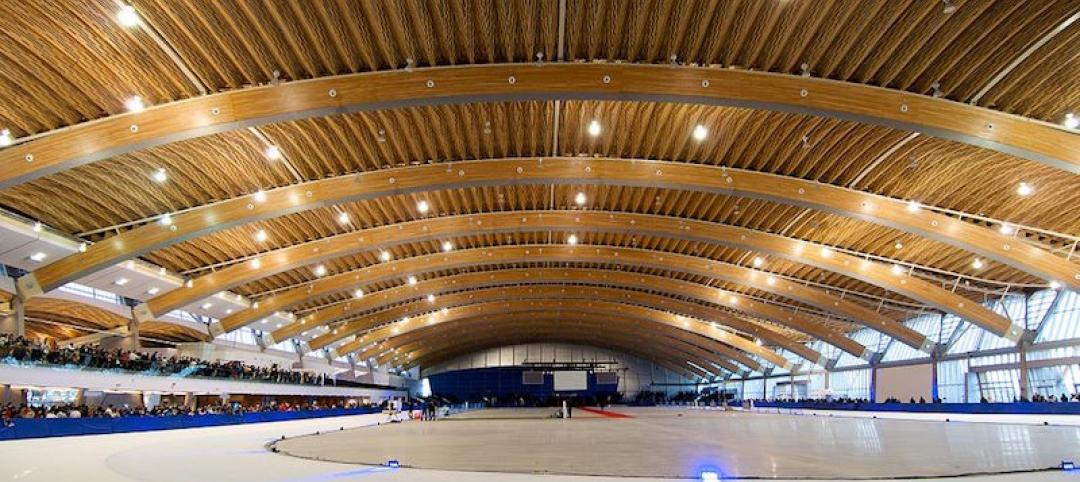The City of Cambridge, Mass., recently mandated that all non-residential buildings—including existing structures—larger than 100,000 sf meet a net-zero emissions requirement by 2035.
In a news release, Cambridge says it is “the first known city in the country” to enact a 2035 deadline for net zero. Mid-size buildings, defined as 100,000 sf or smaller, will have to reach net zero by 2050.
Buildings covered under the new law can continue to burn fossil fuels on site if owners purchase verified carbon credits, but only until 2050, and only to offset limited amounts of emissions. Building owners must eventually use renewable energy, either by investing in solar panels or purchasing a contract for renewable energy.
Cambridge has 314 buildings facing the 2035 net-zero deadline. “The City is committed to supporting Cambridge property owners with robust technical assistance and connections to incentives and moving forward together with this challenging yet absolutely critical work,” the news release says.
Cambridge will use a separate process to develop regulations to reduce greenhouse gas emissions in residential buildings.
Related Stories
Legislation | Sep 8, 2016
Half of U.S. states now allow design-build on public projects
Missouri is the latest to enact design-build legislation.
Codes and Standards | Sep 8, 2016
Vapor intrusion risk addressed in new ASTM guide update
The updates address industry confusion over how to handle the issue.
BIM and Information Technology | Sep 7, 2016
Energy Star Portfolio Manager tool updated to factor in waste management
The costs and benefits of managing 29 types of waste are now included.
Wood | Sep 6, 2016
Atlanta suburb prohibits wood-framed construction for high rises
The new building code prevents any structure with more than three stories from being built from a CLT frame.
Codes and Standards | Sep 1, 2016
Overuse of air conditioning hurts office productivity
A study found temperatures in the low 70s reduce worker performance.
Regulations | Aug 31, 2016
FEMA wants to toughen flood regulation on projects using federal funds
The proposal ‘would essentially rewrite the current 100-year flood standard.’
Sustainability | Aug 30, 2016
New federal project plans must include climate impacts
Agencies must quantify the specific impacts when possible.
Green | Aug 29, 2016
Vancouver, B.C., to require zero emissions on new buildings by 2030
No net GHG emissions will be allowed.
Codes and Standards | Aug 25, 2016
Freddie Mac extends efforts to fund multifamily energy/water efficiency projects
The Multifamily Green Advantage targets existing buildings.
Codes | Aug 24, 2016
Weak building codes no match for recent natural disasters, say industry experts
The recent floods and wildfires in Alberta are being cited as proof.
















